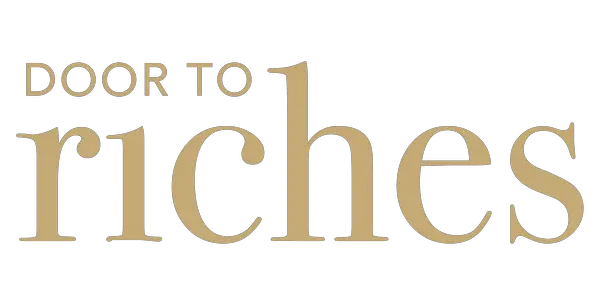A few days ago, I asked ChatGPT-4, "Do you scrape content from websites on the internet?"
This is its full response.

So technically, it says no, which is a small relief. It only accesses a specific webpage and its content only if it is provided by its user.
But what about the permission from the website owner?
Nobody's asked them. For now.
Take a look at the last line in ChatGPT's response:
"... attribution to the original source of the information."
As things stand right now, people and businesses that make money from sharing informational and genuine educational content on Youtube, TikTok, Instagram, and other platforms derive their income from getting human attention (e.g. watch time), not from attribution.
Giving credit for information, while preventing creators from making money without asking for permission at all, is still unethical at best and practically theft at worst.
The Future
ChatGPT is still relatively new in the grand scheme of things.
The law and the internet in general still needs to catch up, and they probably will, soon.
Here are 3 possibilities that I think might happen in the legal and internet landscape with ChatGPT and its AI friends in the mix:
Possibility 1
Internet platforms might work together with AI and opt for a revenue-sharing program with human creators.
Possibility 2
Some internet platforms might AI-proof its content, making it inaccessible for AI.
Possibility 3
Lawmakers issue a new copyright license that explicitly specifies whether an original work can be sourced for AI derivations. This possibility, if realized, will form the groundwork on how AI can continue to be be trained, and how "smart" it would be.
News Updates
In 2021, the Artificial Intelligence Act was proposed in the European Union to create a regulatory framework to address the risks and problems linked to AI, without unreasonably obstructing the technological development or increasing the cost of AI solutions in the market (Source: European Commission, April 21st, 2021). To date, this act still remains a proposal.
Here are some of the latest news on ChatGPT and its privacy and copyright issues as of mid-April 2023.
April 14th, 2023
EU's key proposal in their upcoming AI Act notes that developers must disclose the use of copyrighted material in training their AI.
April 4th, 2023
Ulrich Kelber, German's Federal Commissioner for Data Protection and Freedom of Information, mentioned that Germany 🇩🇪 could follow Italy's footsteps in banning ChatGPT.
April 2nd, 2023
Italy 🇮🇹 has banned ChatGPT on March 30th, 2023, effective immediately. It is the first Western country and the first EU country to do so.
- ChatGPT banned in Italy over privacy concerns (BBC, March 31st, 2023)
Will others follow suit?
- Italy's ChatGPT Ban, A Precedent for the Rest of Europe? (Forbes, April 2nd, 2023)
Your Turn
Do you think it is unethical for AI to source original works without permission from their owners?
How will the law and the internet accommodate AI?
Do you think the EU will follow Italy's footsteps in banning ChatGPT?
Connect with Ryan
Find Ryan from DoorToRiches on X (Twitter), Threads, and Reddit for more finance content. Feel free to say hi!

